An orienting framework of municipal enablers in urban river governance
Novalia, W., & Suwarso, R. (2025). An orienting framework of municipal enablers in urban river governance. APN Science Bulletin, (). doi:10.30852/sb.2025.2830
Novalia, W., & Suwarso, R. (2025). An orienting framework of municipal enablers in urban river governance. APN Science Bulletin, (). doi:10.30852/sb.2025.2830
Jegatheesan, V., Velasco, P., Pachova, N., Diem Trangd, N.T., Bui, X., Mohammed Mowjood, M.I., ... Torrens, A. (2025). Integrated assessment of existing practices and development of pathways for the effective integration of nature-based water treatment in urban areas. APN Science Bulletin, (). doi:10.30852/sb.2024.2792
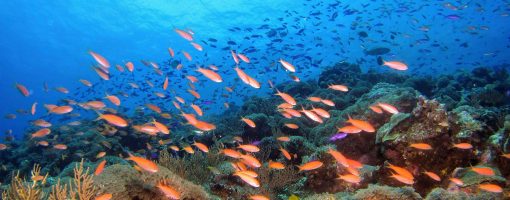
East Asia · Global warming · Marine biodiversity · Marine ecosystems · Poleward migration
Subramaniamam, T., Jung, S., Sun, X., Kawakami, T., Vallejo, B.J., Orlova, T., ... Choi, K. (2025). Global warming impacts on marine diversity and key indicator species in East Asia. APN Science Bulletin, (). doi:10.30852/sb.2024.2789
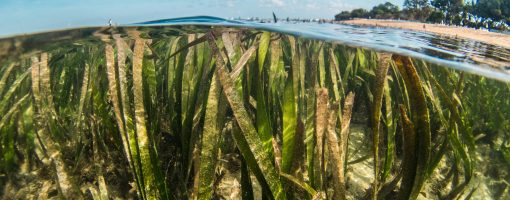
Blue carbon · Community perception · Indonesia · Mangroves · Philippines · Seagrass
Alsaaideh, B., Quevedo, J.M.D., Lukman, K.M., Uchiyama, Y., Sofue, Y., & Kohsaka, R. (2025). Blue carbon ecosystems in the Coral Triangle: A perceptive approach to climate adaptation. APN Science Bulletin, (). doi:10.30852/sb.2024.2790
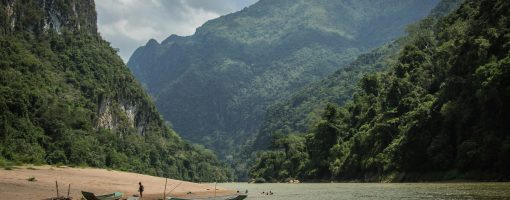
Livelihood · Lower Mekong Basin · Resilience · Tool framework
Pal, I., Baskota, A., Dhungana, G., Banerjee, S., Udmale, P., Gadhawe, M.A., ... Sophat, S. (2024). Sustaining livelihoods and building resilience: Policy implications for the Lower Mekong Basin. APN Science Bulletin, (). doi:10.30852/sb.2024.2723
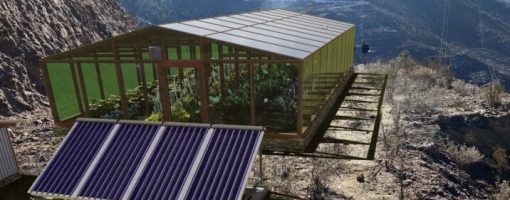
Humidity · Smart greenhouse · Temperate region · Temperature
Dorji, G., Tenzin, N., Lhendup, T., Chojey, N., Haque, M., Saiful Alam, M., & Bastakoti, N. (2024). Green technologies to enhance sustainable food production in colder regions via adoption of smart greenhouse. APN Science Bulletin, (). doi:10.30852/sb.2024.2674

Flooding · Indonesia · Student · Training · Vulnerability assessment · Water quality
Y. Lo, A., Setiadi, R., Delima Sari, A., T. S. Chow, A., K. S. Chan, F., Fok, L., & Mon Oo, Y. (2024). Engaging Young People in Community-based Flood Risk Management in Pekalongan, Indonesia. APN Science Bulletin, (). doi:10.30852/sb.2024.2699
Kojima, S., Mitra, B.K., Tachibana, M., Pulhin, J.M., Anders, C., Pal, I., ... Imanari, Y. (2024). Fostering the Regional Circulating and Ecological Sphere approach to translate global goals into local actions: Lessons from national scoping workshops in ASEAN countries. APN Science Bulletin, (). doi:10.30852/sb.2024.2633
Armas, I., Sinaga, E., Saribanon, N., Noverita, Effendi, A.N., Rohadi, C., ... Raskin, I. (2024). Pioneering plant metabolomic library of Indonesian plants for research, conservation, capacity building and economic development. APN Science Bulletin, (). doi:10.30852/sb.2024.2569
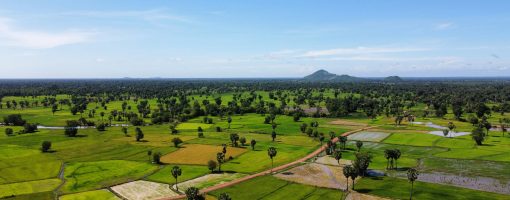
Agricultural practices · Collaboration networks · Crop modelling · DSSAT Training · Southeast Asia
Geetha, M., Hoogenboom, G., Jintrawet, A., Buddhaboon, C., & Anothai, J. (2024). Capacity development training workshop on crop simulation modelling and effects of climate risks on agricultural production systems in Southeast Asia. APN Science Bulletin, (). doi:10.30852/sb.2024.2570